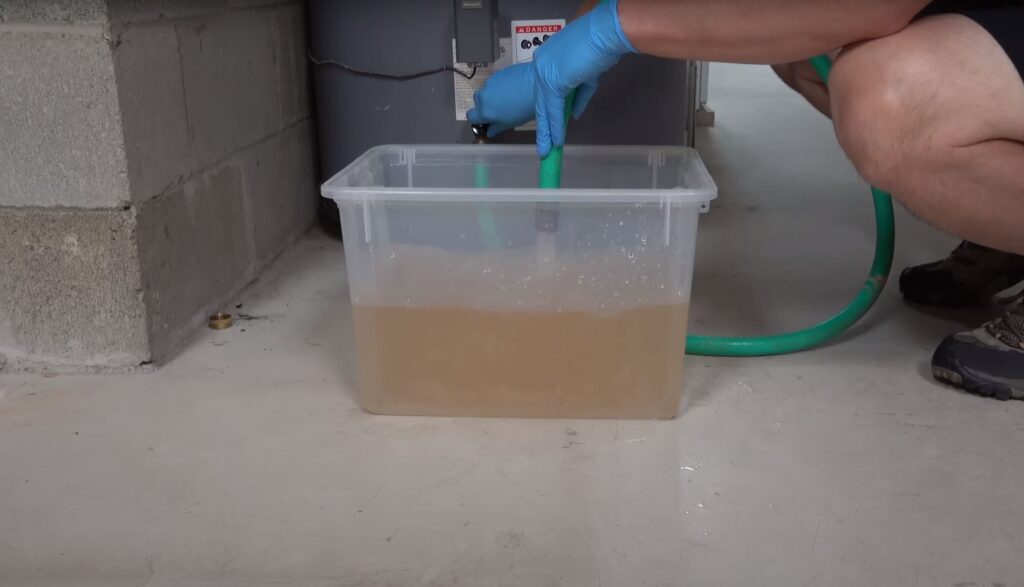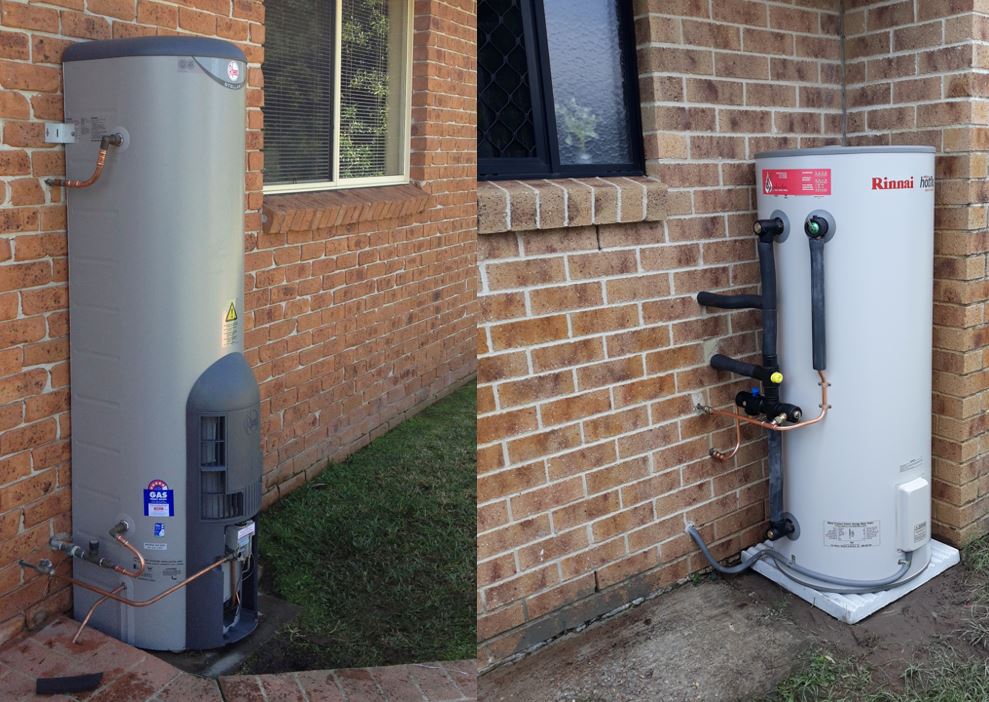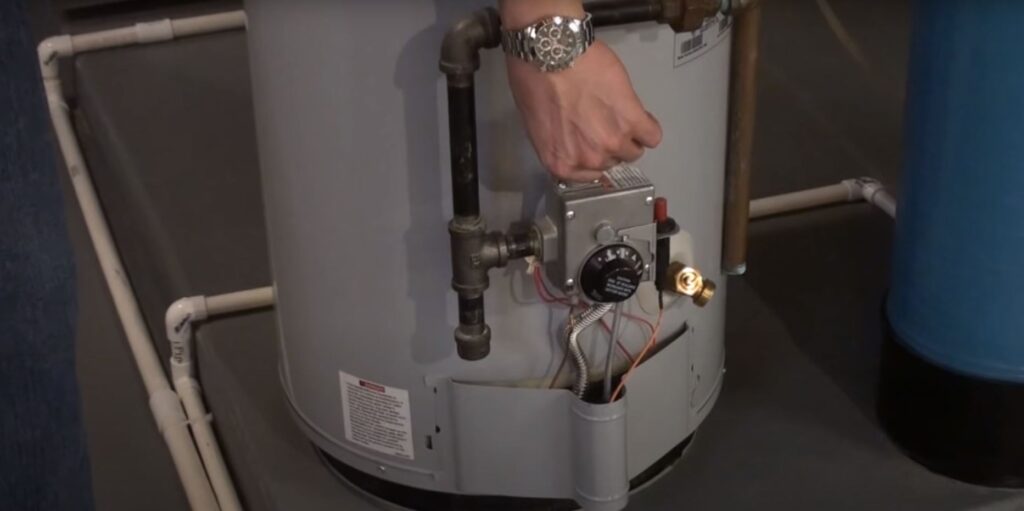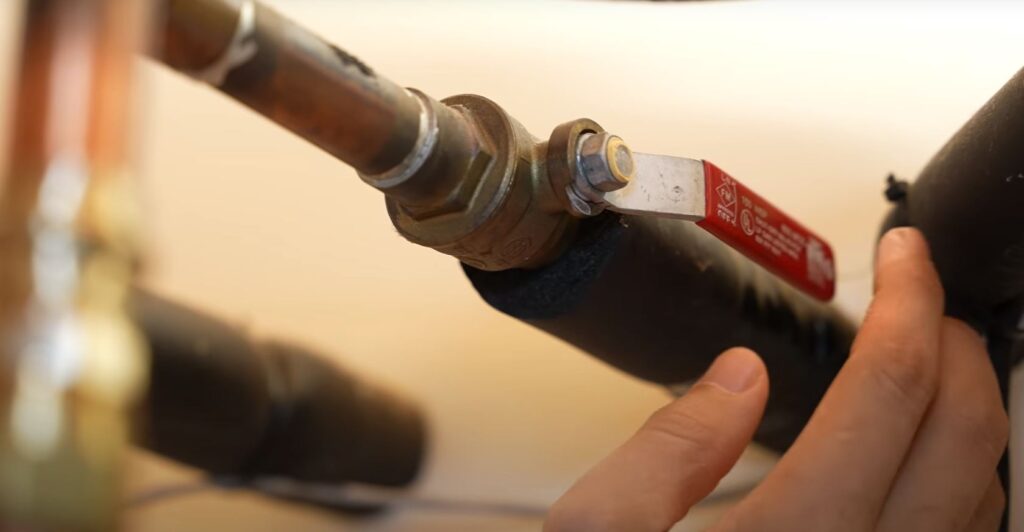Tackling Rusty Hot Water: Melbourne’s Guide to Clearing the Cloud
The Hot Water Conundrum
Few things can be as surprising as turning on your tap, expecting clear hot water, only to be greeted by a discoloured or rusty stream. This phenomenon, while alarming, is not uncommon, especially in Melbourne households with older plumbing systems.
Root Causes of Discoloured Hot Water
Hot water discolouration can be attributed to multiple factors:
- Sediment Build-Up: Over time, minerals present in the water settle at the bottom of the water heater. As they accumulate, the water can turn muddy or sandy in appearance.
- Corroded Anode Rod: The anode rod, usually made of magnesium or aluminium, protects the tank from rusting. Once corroded, it not only fails to protect the tank but also introduces rust to the water.
- Old Water Heater: As water heaters age, their inner lining can corrode, leading to rusty water. Generally, water heaters have a lifespan of 8-12 years.
- External Rust: If rusty water is only coming from the hot tap, the problem may lie within your heater. However, if both cold and hot water are discoloured, the corrosion might be in the pipes.
Health Implications and Safety Concerns
Rusty water may not be harmful to most people, but it can carry certain bacteria that thrive in rusty environments, potentially causing health issues. It’s always a good practice to avoid drinking or cooking with discoloured water. Also, rust can alter the taste and odour, making it unpleasant.
Melbourne’s Unique Position
The water in some parts of Melbourne has a higher mineral content. This “hard” water can accelerate sediment build-up and corrosion in heaters and pipes. Local water testing can give clarity on this.
Addressing Rusty Water: Steps to Consider
- Flush the Water Heater: Regular flushing can remove sediment build-up, improving water clarity.
- Replace the Anode Rod: If corroded, replacing the anode rod can resolve the rust issue.
- Inspect and Replace Old Systems: If your heater is approaching its lifespan, consider a replacement.
- Consult a Professional: Engage experts, like Hot Water Repairs Melbourne, for a thorough inspection and solution.
The Importance of Routine Maintenance
Proactively scheduling regular maintenance checks can prevent water discolouration issues. Services like descaling or anode rod inspections can make a significant difference.
Summary Table: Hot Water Issues and Resolutions
| Issue | Potential Causes | Suggested Solutions |
| Sediment Discolouration | Hard water, Lack of flushing | Regularly flush the water heater, Install water softener |
| Rusty Water | Corroded anode rod, Old heater, Corroded pipes | Replace anode rod, Inspect pipes, Consider heater replacement |
| Water with Foul Smell | Bacterial growth in the tank | Flush the system, Consult a professional for cleaning |
Making Clear Choices
While rusty or discoloured hot water might seem like a pressing issue, understanding its root causes and seeking expert assistance can swiftly address the problem. Ensuring your hot water system is in top shape not only provides peace of mind but also ensures safety and efficiency in the long run. If in doubt, always reach out to professionals who understand the intricacies of Melbourne’s water systems.
Decoding Rusty Hot Water: Frequently Asked Questions
Why is my hot water discoloured or rusty?
The discoloration is often due to sediment build-up, corrosion of the anode rod in the water heater, ageing water heaters, or rust from external sources like pipes.
Is rusty hot water safe to drink?
While rusty water might not be harmful for consumption, it’s recommended to avoid drinking or cooking with it. It can have an unpleasant taste, odour, and might carry bacteria thriving in the rust.
How often should I flush my water heater to avoid discolouration?
Flushing the heater once or twice a year is generally recommended. However, in areas with harder water, more frequent flushes might be beneficial.
How do I know if the anode rod is corroded?
A corroded anode rod often results in rusty hot water. Inspecting the rod, which should be done periodically, will provide a definitive answer.
Why is rust seen in both cold and hot water taps?
If both taps dispense rusty water, the source of corrosion is likely external to the heater, possibly in the pipes or the main water supply.
How does Melbourne’s water contribute to the sediment build-up?
Some parts of Melbourne have ‘hard’ water, which contains higher mineral content. These minerals can accelerate sediment build-up in water heaters and pipes.
Can water softeners help in reducing rust and sediment?
Yes, water softeners can help by reducing the mineral content in the water, thereby decreasing sediment accumulation and potential corrosion in the water system.
At what point should I consider replacing my water heater due to rust issues?
Water heaters typically have a lifespan of 8-12 years. If your heater is nearing this age and causing consistent water discolouration, it might be time to consider a replacement.
Who should I consult about my rusty hot water in Melbourne?
Professionals like Hot Water Repairs Melbourne are equipped to inspect, diagnose, and provide solutions for rusty or discoloured hot water issues in Melbourne.
Understanding Rusty Hot Water: Key Insights
Sediment Build-Up is a Common Culprit
Over time, minerals present in water can settle at the bottom of heaters. Regular flushing can mitigate this and improve water clarity.
Anode Rod Maintenance is Crucial
The anode rod’s corrosion can introduce rust into the water. Periodic inspection and replacement can prevent this issue.
Ageing Water Heaters Warrant Attention
As water heaters approach their typical lifespan of 8-12 years, they can become a source of rusty water. Regular checks and timely replacements are recommended.
Melbourne’s Hard Water Plays a Role
Higher mineral content in certain Melbourne areas can expedite sediment build-up and system corrosion. Awareness and adaptive measures can help.
Safety First: Avoid Consuming Discoloured Water
While not necessarily harmful, rusty water can house bacteria and alter taste. It’s best not to drink or cook with it.
External Corrosion Shouldn’t Be Overlooked
If rust appears in both hot and cold water, the corrosion might lie in the external pipes. Proper inspection can pinpoint the exact problem area.
Professional Consultation is Key
Engaging experts, such as Hot Water Repairs Melbourne, ensures a comprehensive inspection and resolution tailored to individual needs.




